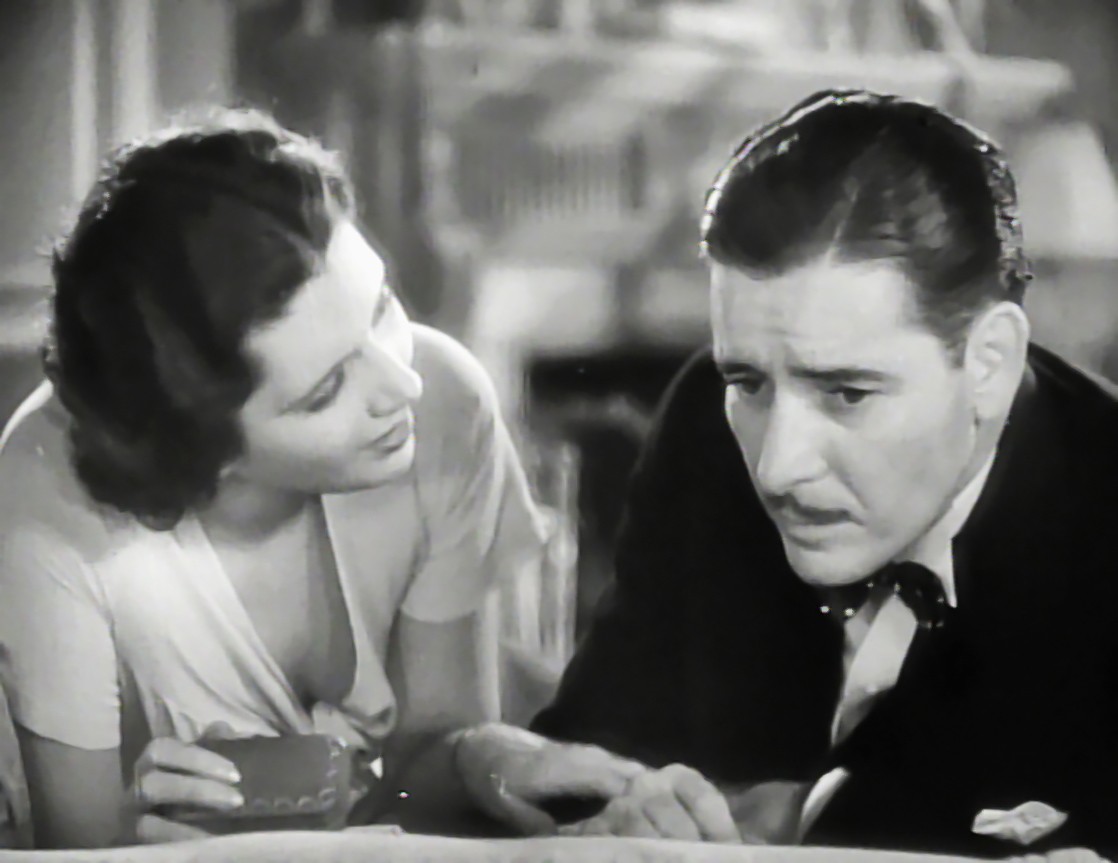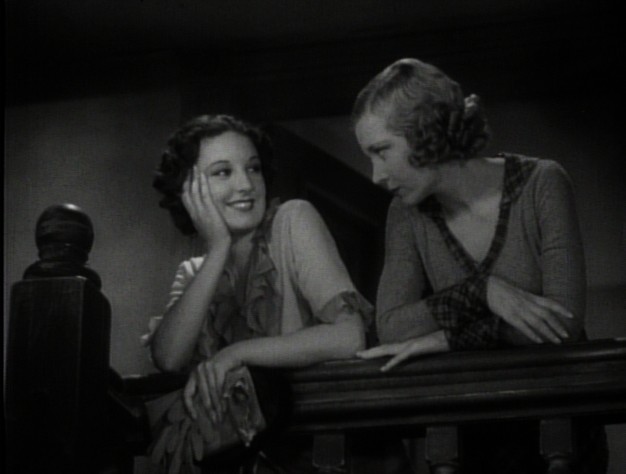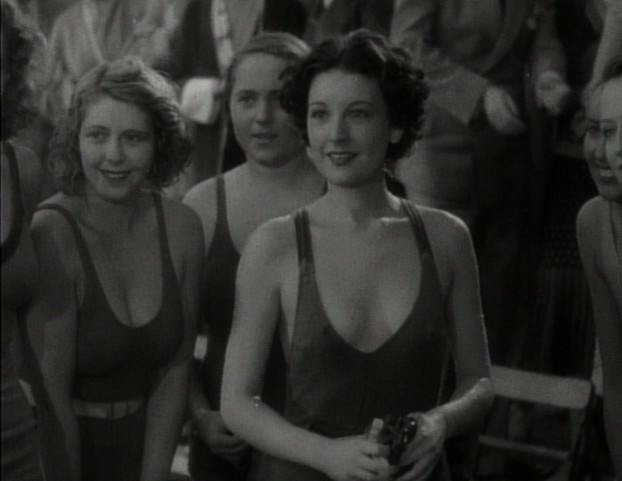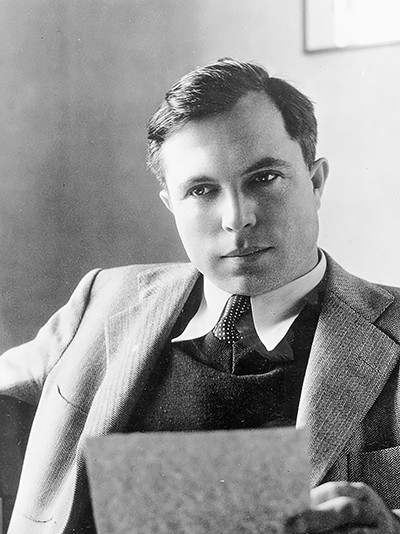Cynara

Image courtesy of Park Circus/Samuel Goldwyn Jr. Family Trust

Kay Francis, Ronald Colman
Cynara by King Vidor
USA 1932, Retrospective
Image courtesy of Park Circus/Samuel Goldwyn Jr. Family Trust

Kay Francis, Viva Tattersall
Cynara by King Vidor
USA 1932, Retrospective
Image courtesy of Park Circus/Samuel Goldwyn Jr. Family Trust

Phyllis Barry
Cynara by King Vidor
USA 1932, Retrospective
Image courtesy of Park Circus/Samuel Goldwyn Jr. Family Trust

King Vidor
Cynara by King Vidor
USA 1932, Retrospective
Source: Sammlung Cinémathèque suisse. Alle Rechte vorbehalten.
Shortly before barrister James Warlock departs alone for an uncertain future in South Africa, he tells his soon-to-be-ex wife Clemency the entire sorry tale of his failure as a husband. In flashback, we see that James sincerely loves Clemency. Yet on their seventh wedding anniversary, when his wife was away, he begins an affair with a shopgirl. He thinks of it as no more than a mere dalliance, but the young woman takes their liaison much more seriously … Plot-wise, the romantic tragedy Cynara seems to be the diametric opposite of Vidor’s H.M. Pulham, Esq. Unlike the honourable puritan in New England, his English counterpart succumbs to the erotic charms of a lower-class woman – with fatal consequences. King Vidor sets his decisive moment in a staircase. It is not a spiral staircase, as in Robert Siodmak’s 1946 eponymous film noir, nor does it lead the protagonist inevitably to physical death – but to its social counterpart. Filmed from above and bounded by the hard-edged black shadows of the bannister, he moves inexorably downwards.
With
- Ronald Colman
- Kay Francis
- Phyllis Barry
- Henry Stephenson
- Viva Tattersall
- Florine McKinney
- Clarissa Selwynne
- Paul Porcasi
- George Kirby
- Donald Stuart
Crew
| Director | King Vidor |
| Screenplay | Lynn Starling, Frances Marion |
| Story | H. M. Harwood, Robert Gore-Browne Cynara (1930) |
| Cinematography | Ray June |
| Editing | Hugh Bennett |
| Music | Alfred Newman |
| Sound | Frank Maher |
| Art Director | Richard Day |
| Assistant Director | Sherry Shourds |
| Producer | Samuel Goldwyn |
Additional information
Print: Park Circus, Glasgow